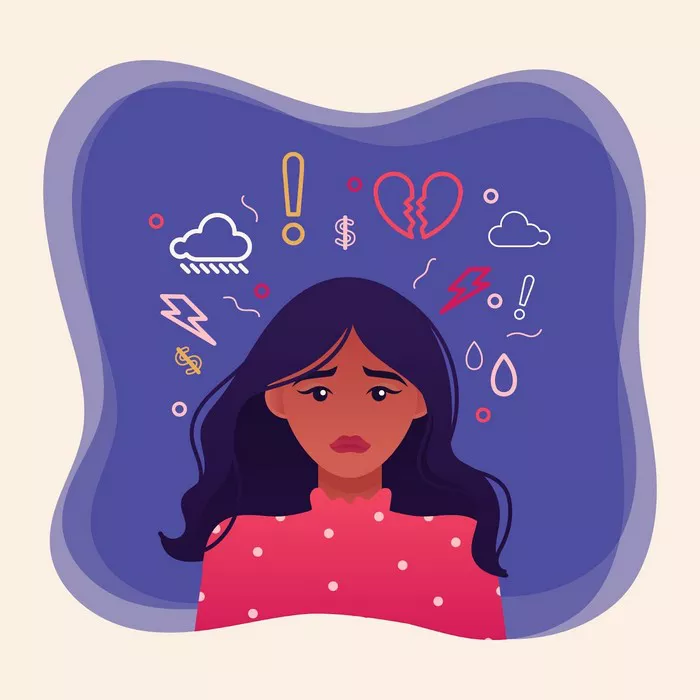Over recent weeks, troubling headlines about public health in the United States have become increasingly difficult to ignore. Measles cases are rising. Vaccination rates are falling. Diseases such as whooping cough are returning. Simultaneously, thousands of government public health officials have either resigned or been dismissed.
At the heart of these developments lies a deeper issue: a profound erosion of public trust in American medicine. From long-standing vaccine sceptics to previously trusting citizens now wary of political figures such as Health and Human Services Secretary Robert F. Kennedy Jr., distrust is growing on multiple fronts. But what are the consequences when a society no longer has faith in its doctors, scientists, and health agencies? And what steps might restore that faith?
To better understand this crisis, I spoke with Dr. Leana Wen, a physician, author, and former commissioner of the Baltimore City Health Department. During the COVID-19 pandemic, Dr. Wen frequently joined me on BBC News to share advice and insights. Our latest conversation felt especially timely as she offered a measured, thoughtful approach to rebuilding trust—especially with vaccine-hesitant parents and sceptics.
The Health Risks of Distrust
I asked Dr. Wen what most worries her about the tangible outcomes of today’s widespread scepticism. She didn’t hesitate: vaccine-preventable diseases, she said, are at the top of the list. The U.S. is currently experiencing its largest measles outbreak in three decades, a situation that could jeopardize the country’s measles elimination status achieved in 2000.
She warned that we are also seeing rising cases of whooping cough, and if vaccine uptake continues to decline, we could see the return of diseases like rubella, chickenpox, and even polio—diseases that had long been thought eradicated in the United States. But the problem extends beyond just vaccines.
“When people distrust vaccines, they often distrust science itself,” Dr. Wen explained. “They question the scientific method, how research is done, and even what counts as credible evidence. That scepticism can spread to other areas of healthcare and public health.”
Rebuilding Trust—One Conversation at a Time
So how can trust be rebuilt, especially among people who have grown suspicious of medical authorities? Dr. Wen believes in the power of personal, respectful dialogue.
“The most important part of being a physician is that one-on-one interaction with patients,” she said. “We don’t begin these conversations assuming we’re right and they’re wrong. We ask questions. We listen. We meet people where they are.”
Dr. Wen emphasized that it’s often more effective to engage gently rather than confront. For instance, if a patient is hesitant about the MMR (measles, mumps, rubella) vaccine, she first asks what specific fears or beliefs they have. Some may mistakenly believe the long-debunked claim that vaccines cause autism. Others may underestimate the severity of measles. Depending on the concern, she offers clear data: most measles cases are mild, yes—but one in five people get pneumonia, one in twenty are hospitalized, and up to three in a thousand children die from it.
The key, she said, is tailoring responses to each concern. And sometimes, it means stepping back. “We can’t afford to alienate patients who are already hesitant. If they walk away entirely, they may miss treatment for chronic conditions like hypertension or diabetes, which could be even more dangerous.”
The Role of Health Leadership—and Its Mixed Messages
Dr. Wen also weighed in on the confusing signals coming from political leadership—particularly Secretary Kennedy. In April, two children in the U.S. died from measles. Shortly after, Kennedy publicly endorsed the MMR vaccine. But within days, he appeared in photos with known anti-vaccine doctors and promoted unproven treatments. To many observers, including myself, his stance seemed contradictory.
Dr. Wen’s interpretation was stark: “He wants it to be confusing. He’s trying to satisfy two very different audiences—moderate voters who support public health and the anti-vaccine community that helped elevate him to power.”
Kennedy has long been associated with anti-vaccine rhetoric. He previously led an organization dedicated to promoting vaccine conspiracy theories and continues to suggest false equivalencies between the side effects of vaccines and the diseases they prevent. Despite this, the Department of Health and Human Services claims he is “pro-safety” and committed to transparency.
Dr. Wen wasn’t persuaded. She noted that Kennedy continues to spread doubt about the MMR vaccine and often plays down the seriousness of illnesses like measles. “There’s no specific treatment that cures measles,” she said. “Promoting ineffective options like antibiotics or steroids only misleads the public.”
Searching for Positive Momentum
Even amid the uncertainty, Dr. Wen sees potential for progress. She acknowledged that some of Kennedy’s broader initiatives—like tackling chronic disease and reducing consumption of ultra-processed food—are worthwhile. She also supports a reassessment of long-standing regulatory systems, such as drug approval processes, especially if it includes innovative technologies like artificial intelligence.
But these positives come with a caveat. “The question,” she said, “is what else comes along with those goals?”
A Path Forward
Ultimately, rebuilding trust in American medicine will require more than new policies. It will demand honesty, clarity, and deep engagement with the public. Physicians must continue their individual efforts to meet patients with empathy. Health leaders must offer consistency and truth, even when politically inconvenient. And the media and the public alike must hold them to account when they do not.
There is no quick fix. But conversations like the one I had with Dr. Wen offer a model—patient, informed, respectful—for how we might begin to bridge the divide and restore the faith in science and public health that American lives depend on.
Related Topics

































